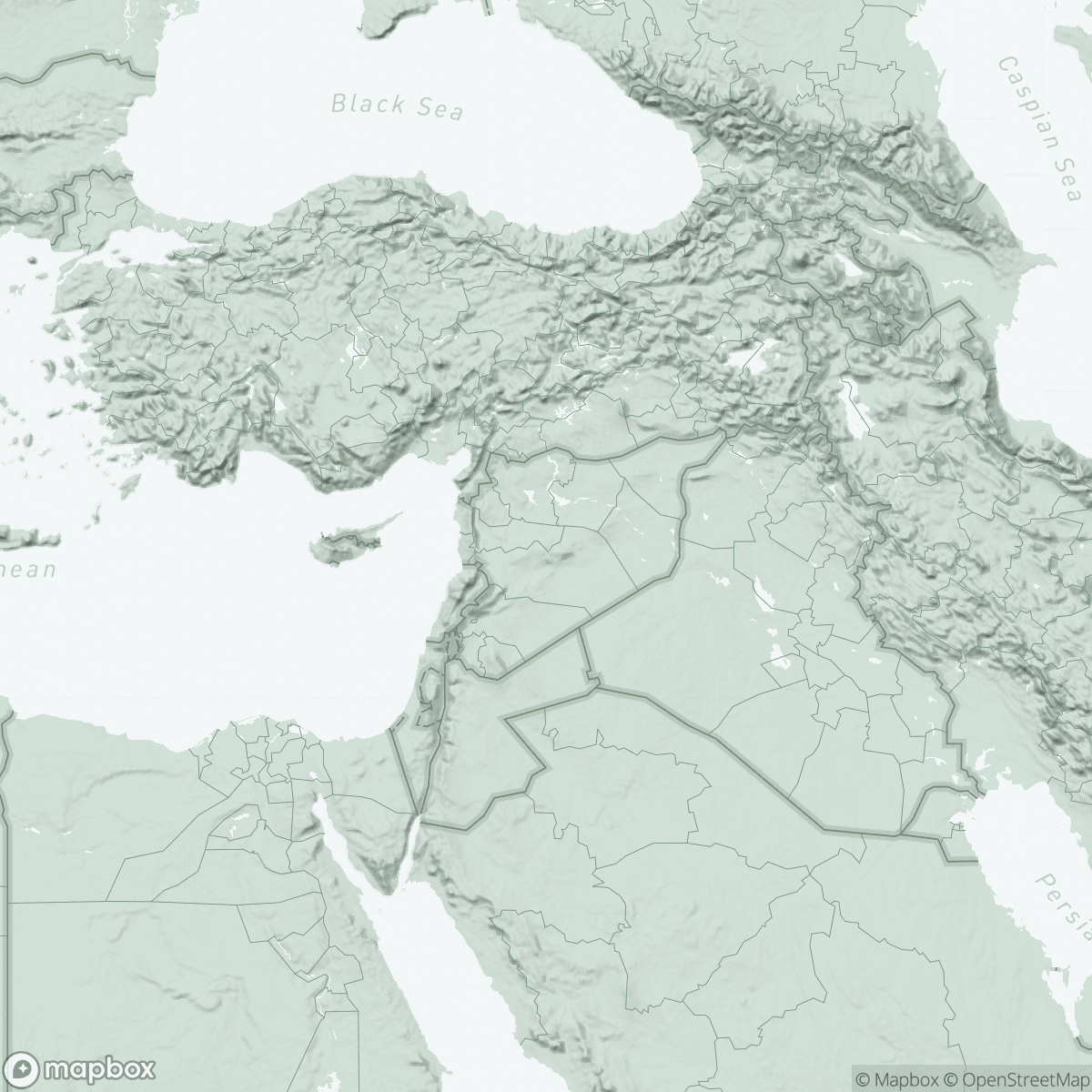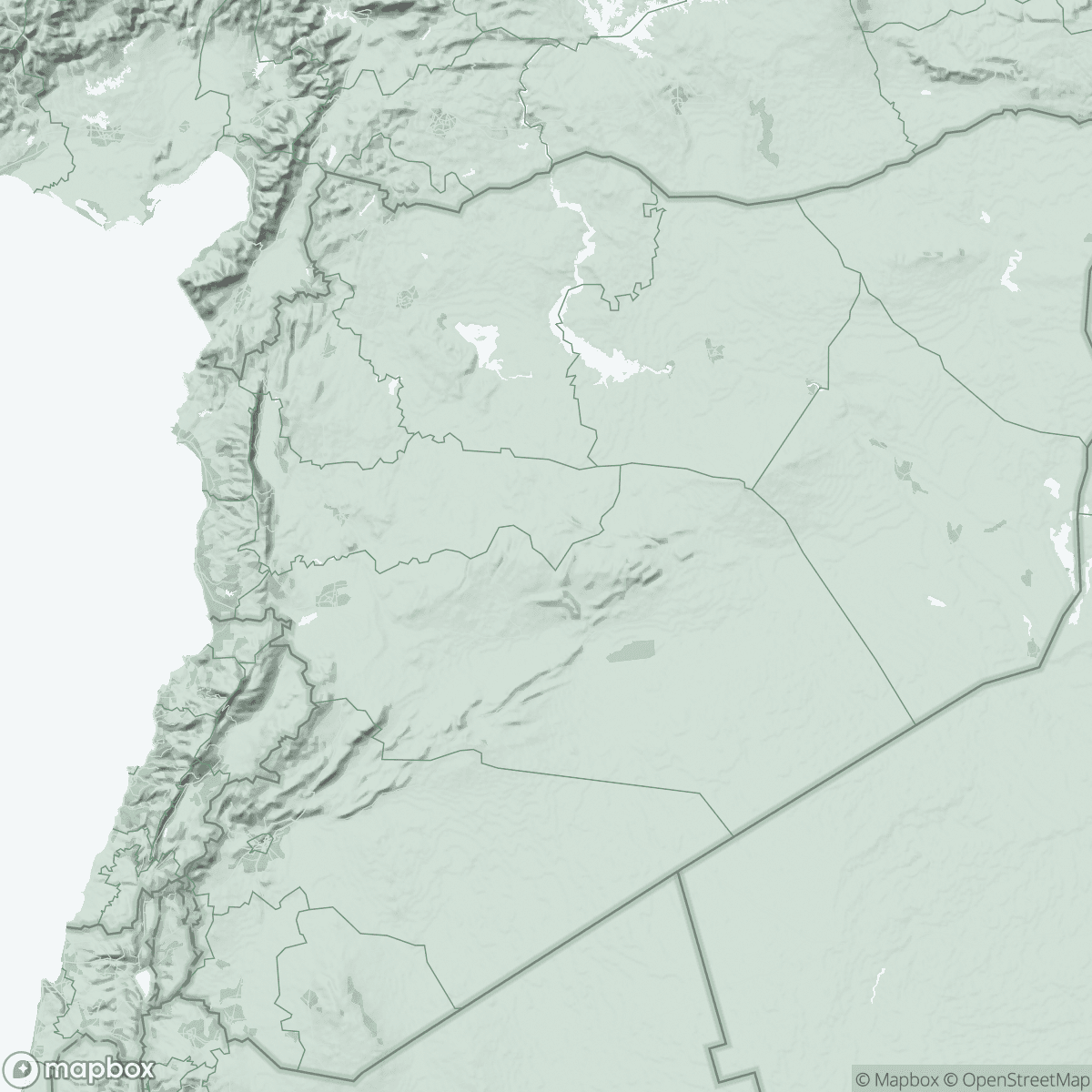
MSF mobile clinics brings care to Syria’s neglected region of east Ghouta
In 1 click, help us spread this information :
After years of neglect, east Ghouta, a region located only 10 kilometres from Damascus, Syria, shows little signs of normalcy, the streets lined with the ruins of buildings are empty of the signs of life. The people here are struggling under the strain of overwhelming economic hardship. Years of health facility closures have left huge needs for medical care, and the available services are incredibly limited. East Ghouta’s suffering is far from over and urgent support is needed now.
“Going to east Ghouta and seeing it with my own eyes was heartbreaking,” says Patrick Wieland, MSF’s head of mission in Syria.
The scale of destruction is huge, people are trapped in extreme poverty, barely holding on, and in urgent need of medical care.”
After years of neglect, east Ghouta, a region located only 10 kilometres from Damascus, shows little signs of normalcy, the streets lined with the ruins of buildings are empty of the signs of life. The people here are struggling under the strain of overwhelming economic hardship. Years of health facility closures have left huge needs for medical care, and the available services are incredibly limited. East Ghouta’s suffering is far from over and urgent support is needed now.
Following the fall of Bashar al Assad’s 24-year rule, Medecins Sans Frontieres (MSF) has gained access to Damascus for the first time in over a decade. We began operating mobile clinics on 21 January, offering basic healthcare like consultations for gastrointestinal infections. In this short time, we have seen 576 patients, including 77 children under the age of five.
Families living in the shells of buildings
East Ghouta was once a lush and green 110 square kilometres, filled with fruit trees and farms. After years of relentless airstrikes by the former Syrian government forces it now stands in ruins. What’s left behind of this major food producing region is destroyed land dotted with grey buildings that have been stripped of rooftops, windows, and life. Still, families are here and struggling to make do.

“Entire families are living in the rubble of destroyed buildings that look as if they have come from the Middle Ages,” says Bilal Alsarakibi, MSF’s medical referent in Syria.
The level of negligence is unimaginable; the medical needs are huge and for people to find healthcare is a desperate race against time.”
People are living in difficult conditions. They lack clean water, proper food, sanitation infrastructure, and heating for their homes, exposing them to many health hazards.
A new chapter of hope
Since January 2025, MSF has sent several teams to cities in east Ghouta, including Douma, Harasta, Zamlka, Hamoria, Ain Tarma, and Kafr Batna. Our teams are providing basic healthcare, like medical consultations and mental health support, through mobile clinics.
We attempted to reach east Ghouta many times during the rule of Bashar al Assad. Our teams were repeatedly denied entry, which ensured that people had less access to healthcare than they desperately needed.
“When people get sick or injured, getting healthcare is really hard, there are no ambulances and medicine is too expensive,” says Mohammed Riad, who attended a mobile clinic. “Mobile clinics are a great idea. If they were covering all the areas, it can save people a lot of trouble.”
Our teams are helping people suffering from different conditions, with the most common being respiratory infections, asthma, and gastroenteritis due to food contamination. We are also seeing people for non-communicable diseases such as diabetes, hypertension, and other cardiovascular diseases.
Our teams are also assessing the overall medical and humanitarian situation in these cities. The work is currently underway to understand the depth of people’s needs after our years of absence.
Besieged and bombarded
When the opposition forces gained control of the east Ghouta in 2012, the Syrian armed forces then imposed a severe siege on the area. Relentless ground and aerial bombardments targeted homes, markets and hospitals, while food, water and medicines were deliberately denied as a method of warfare.
A UN report shows the devastating toll on people. Between 18 February and 11 March 2018, attacks by the former government forces killed 1,100 people and injured 4,000. During the same period, shelling on Damascus city by different armed groups killed and injured hundreds more people.

Saving lives was everyone’s struggle
“Due to the siege in 2013, a lot of people were injured and lost their limbs in daily airstrikes,” says Othman Al-Rifai, a resident of east Ghouta. “The doctors travelled abroad because salaries were low and until today you can see the impact.”
Between 2013 to 2018, MSF provided remote support to Syrian medics in east Ghouta. Our teams sent medical supplies, offered financial support and provided technical guidance. Since MSF could not work in east Ghouta directly, this was the only way to help the medical teams there.
We supported 20 clinics and hospitals in 2013. Over the years of escalating violence, the number went down to just one clinic by 2018. The other 19 facilities were either closed or abandoned after former government forces took over the area. At a certain point, there was nothing left that we could support.
“Today, the mobile clinics give a small sense of relief to the people who endured a lot in east Ghouta over the past years,” adds Bilal Alsarakibi. “Despite what they have seen, people are still able to smile. They have been through a lot of suffering, and they urgently need support to regain their lives.”




